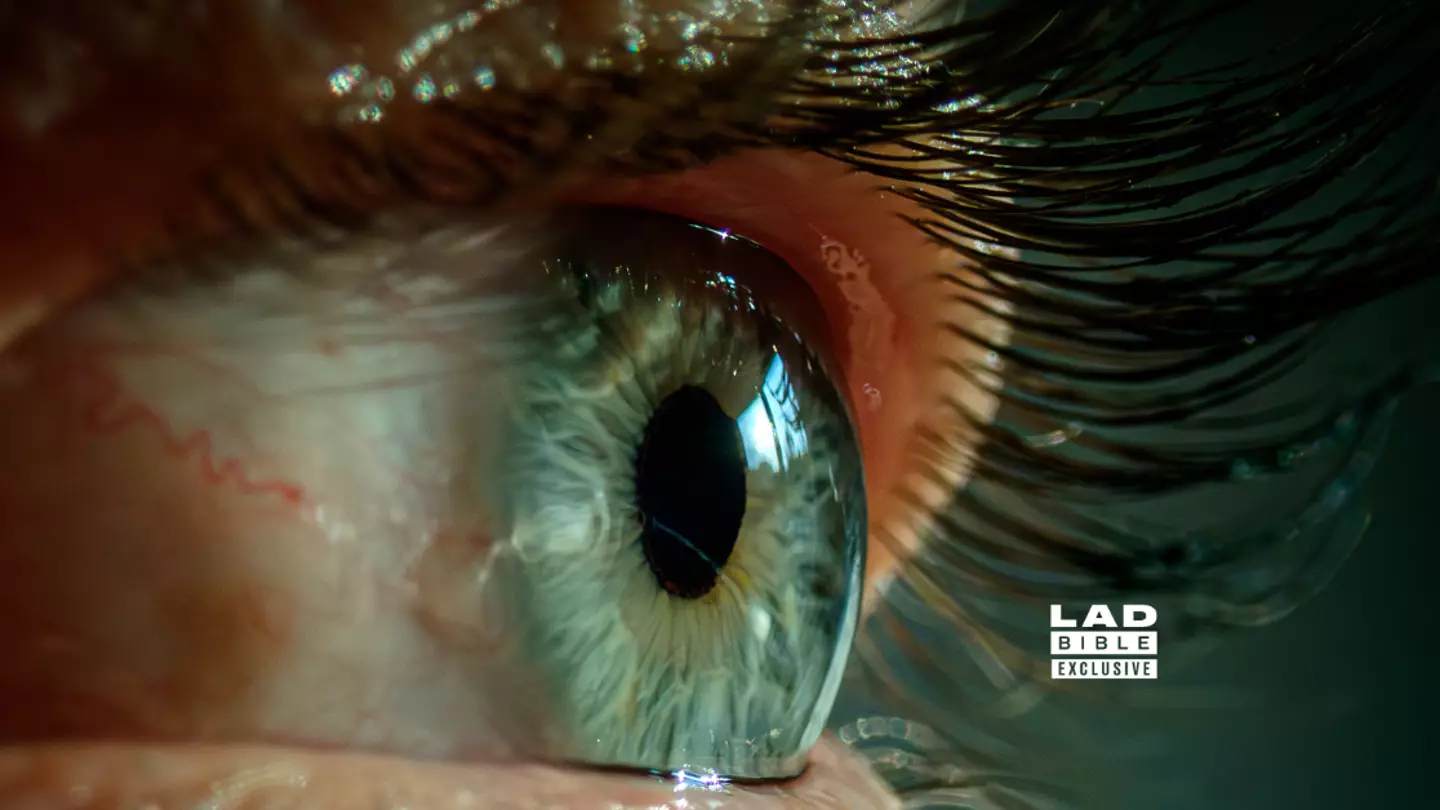
Ever wondered why some people are obsessed with watching horror films while others can't stomach more than a couple of minutes of terror?
Well, it turns out that your personality may be the reason for that.
On paper, watching films about people being brutally slain, possessed by demons or tormented by malevolent spirits shouldn't be anybody's idea of fun. And yet, the horror genre is one of the most popular genres of TV and film, proving that people truly have an appetite for all things dark and distressing.
When it comes to viewing violent, scary or gory films, there's no one straightforward reason why some people can enjoy it while others find themselves feeling stressed out.
Advert
It's something which is built in our evolutionary biology, psychology and socialisation.
According to Dr Malcolm Schofield, lecturer in psychology at the University of Derby, watching films such as Insidious or The Conjuring is not too different to enjoying rollercoasters or skydiving.
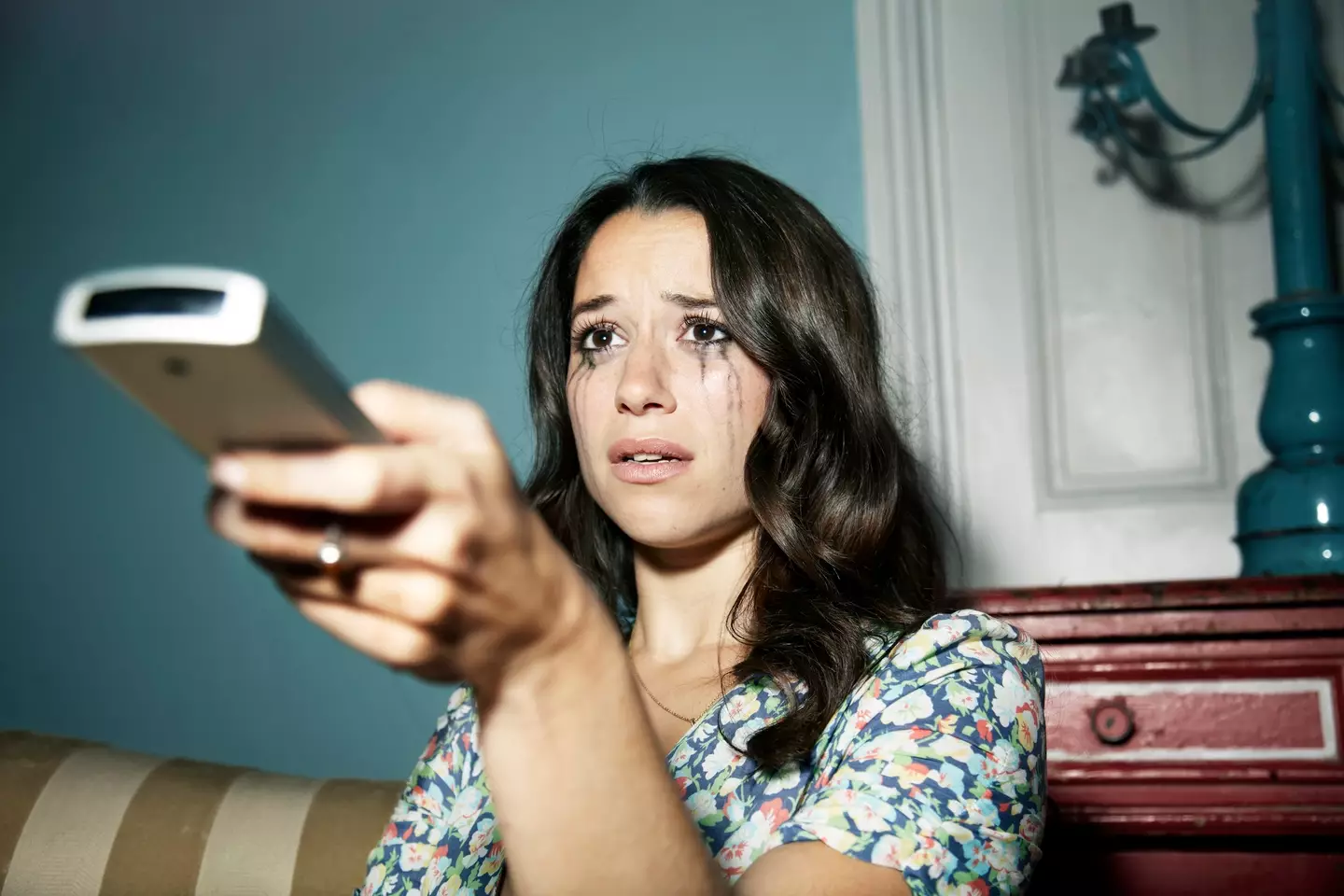
"There are various theories psychologically speaking about why people like horror films and like to be scared," he explained to LADbible. "Certain personalities might enjoy it."
He added that enjoying horror can also be explained by our biology, as some people can find the associated adrenaline rushes 'addictive'.
This is something which psychologists Dannielle Haig and Coltan Scrivner agree with.
"The key difference is control," Haig said. "The brain knows the threat isn’t real, so the experience becomes thrilling rather than traumatic. It’s fear with a safety net.
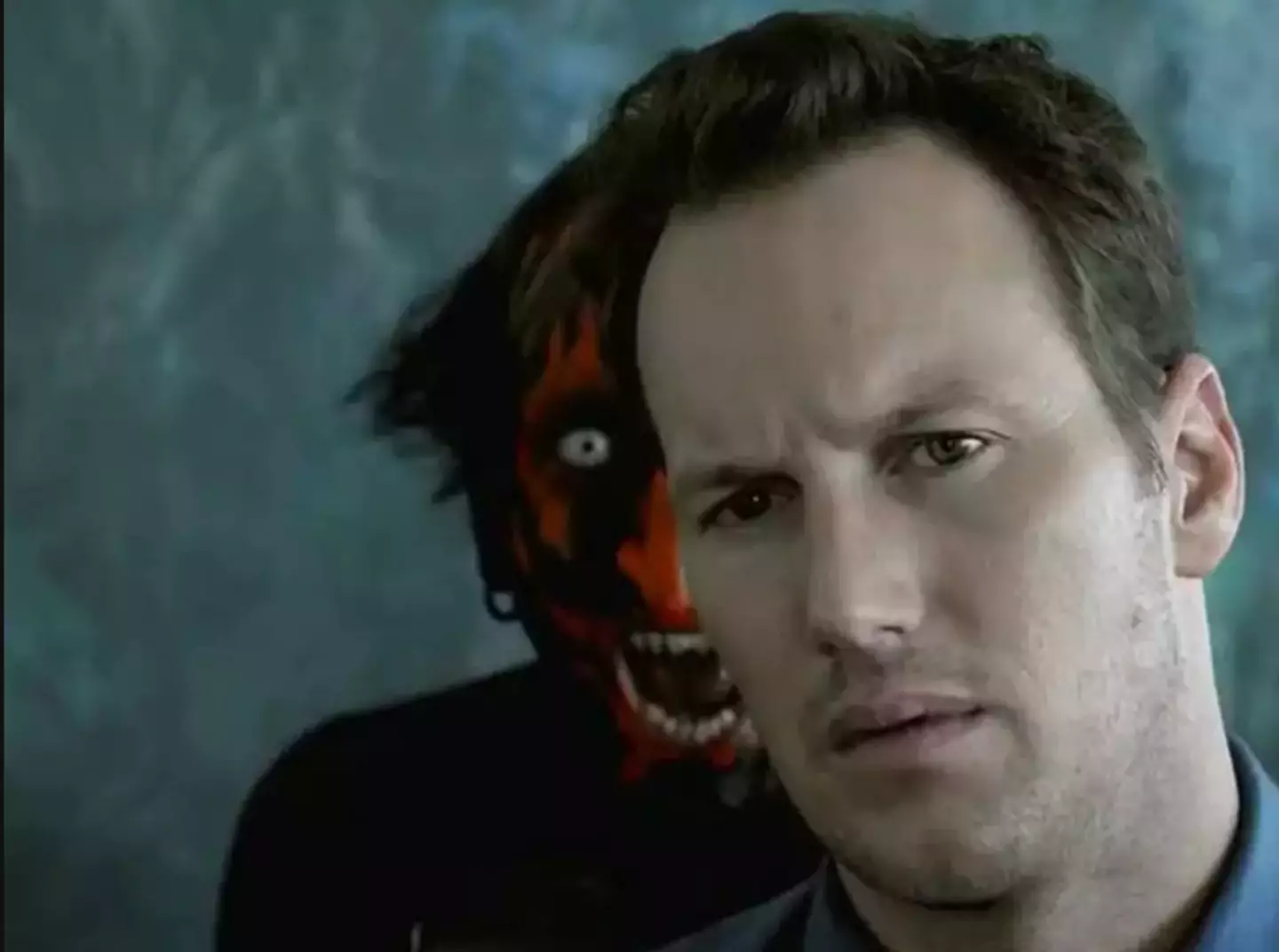
"In many ways, it’s the same mechanism that makes rollercoasters fun," she continued. "The body reacts as if you’re in danger, but the mind knows you’re safe. That gap between perception and reality creates a powerful mix of excitement, relief, and reward once the danger passes."
This belief is shared by University of Turku's Lauri Nummenmaa, who has conducted numerous studies on how horror movies impact the brain.
"Part of the enjoyment of horror movies comes from the relief of the suspense," he told The Scientist.
What does it mean if you enjoy horror films?
According to one study published in the journal Cureus, people who enjoy watching horror films will typically portray personality traits such as being outgoing, extroverted and conscientiousness.
Meanwhile they scored lower for traits such as neuroticism (a tendency to experience anxiety and sadness) and openness.
But what about people who recoil at jump scares and find horror films nightmare inducing?
Well, that can be explained by personality as well.
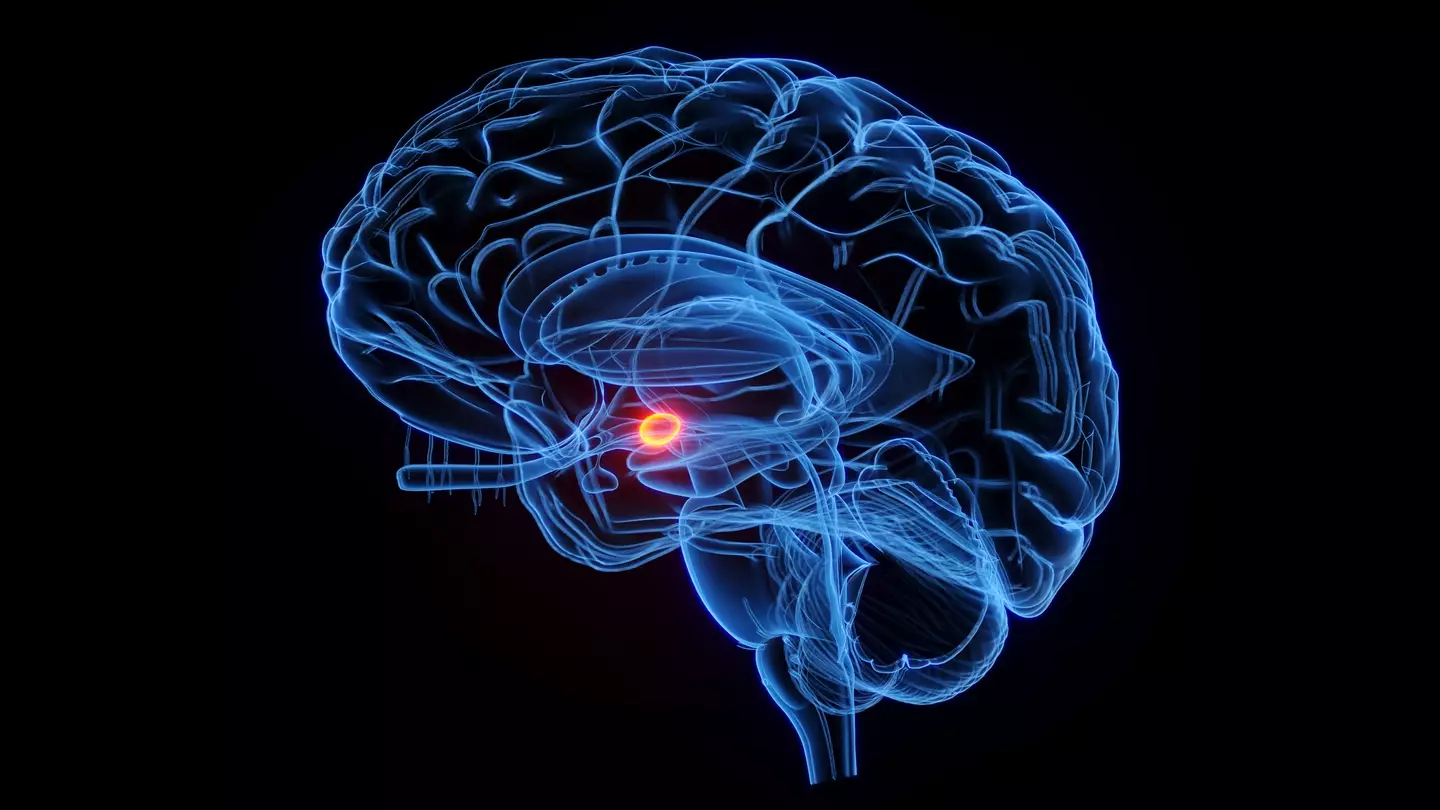
Why do some people find horror films too upsetting to watch?
Like people who enjoy these films, a lot of this can be explained by your personality.
Personality traits such as high empathy, anxiety and heightened sensitivity are associated with people who are more likely to not enjoy horror.
"Individuals who are more prone to anxiety or have a more reactive amygdala [the brain’s fear centre] may experience horror as overwhelming rather than enjoyable," Haig explained.
"It’s about how your nervous system interprets the same physiological reaction: as excitement or as threat."
Research also suggests that highly sensitive people have more active mirror neurons, which help people 'feel' an action performed by another person.
This means that when a more sensitive person watches a particularly grisly scene on TV, they're more likely to feel as though it's happening to them rather than enjoy it as a spectator.
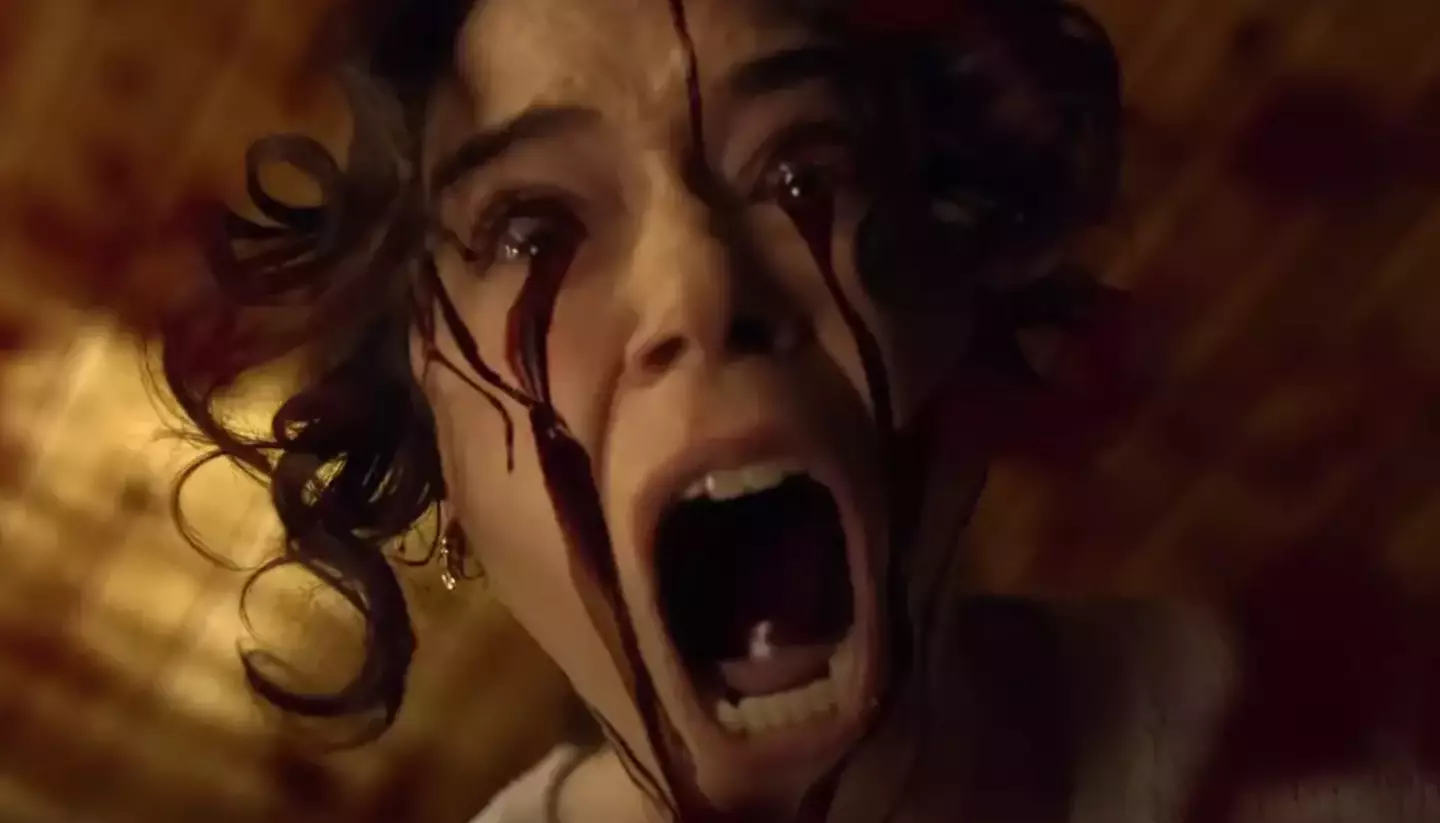
Which of course defeats the whole idea of watching a horror film as a thrill seeker.
"People are complex creatures with thousands of different interacting forms of personality and temperament," Scrivner, author of Morbidly Curious: A Scientist Explains Why We Can't Look Away, said, explaining that a person who displays a combination of traits such as 'very high affective empathy, intolerance of uncertainty, high disgust sensitivity, and low morbid curiosity' would be more sensitive to violent or scary films.
"These traits, when combined, may make horror fiction less interesting and more discomforting," he added.
So next time someone calls you a 'baby' for not enjoying a scary movie, tell them it's all down to how your brain is wired.
Topics: Entertainment, Film, Halloween, Health, Mental Health, TV and Film, Originals, Horror